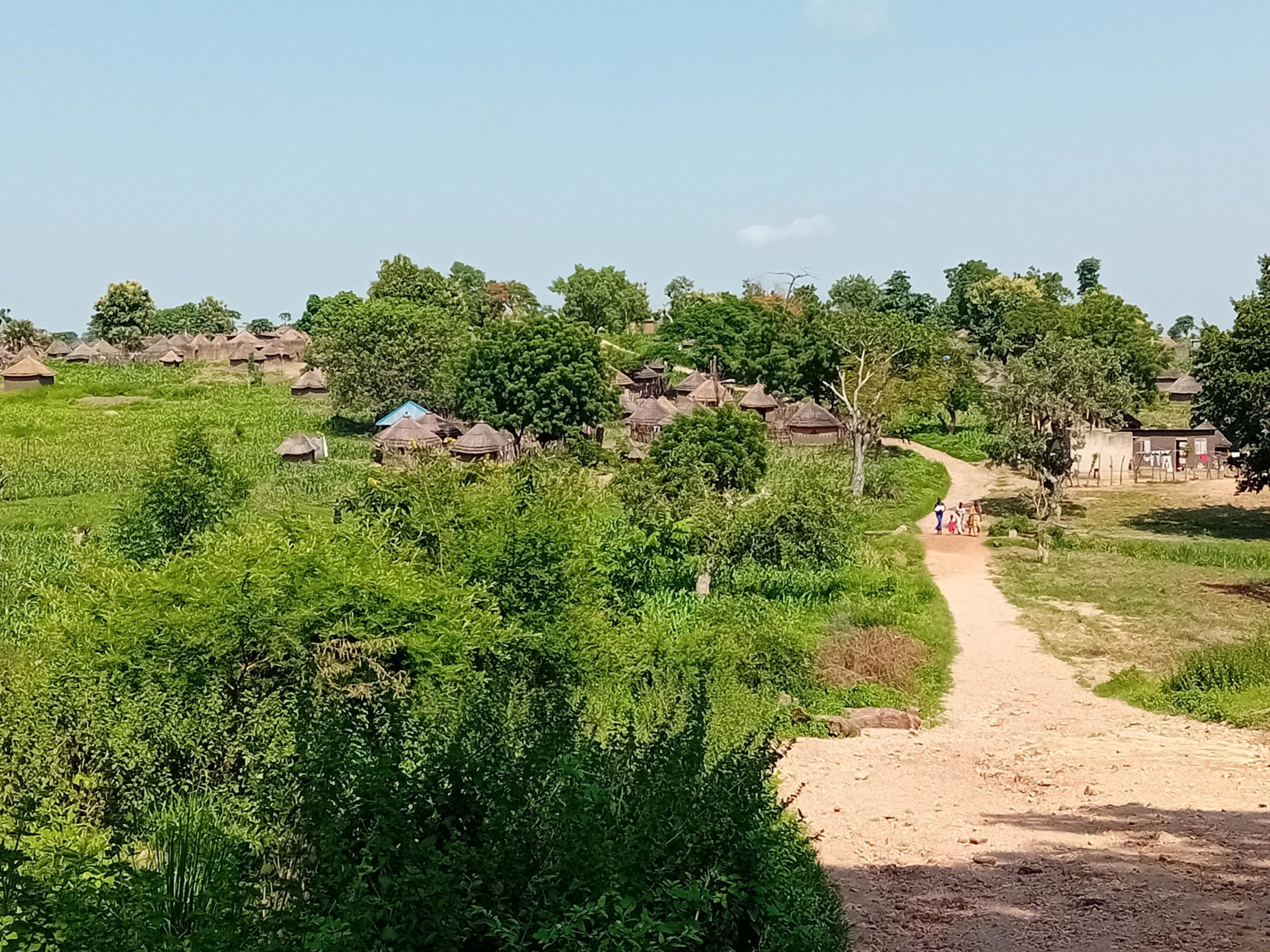
The End of Uganda’s Refugee Model, or Just a ‘Transition’?

Uganda is lauded world-wide as a model for refugee-hosting: It hosts nearly 1.7 million refugees, the highest in Africa, taking in refugees from its neighbouring countries. It also offers them free access to a plot of land, as well as public services. This refugee model is however under severe pressure, due to reduced donor funding. This is largely for political and ideological reasons: donor are increasingly unwilling to finance a protracted crisis such as a Ugandan one; a process which was further accelerated by the outbreak of major humanitarian crises such as Ukraine and Gaza. In this context, funding for the Ugandan refugee crisis is shifting from humanitarian to development funding, but for now without any major donor willing to foot this bill. This situation shows a major friction in the geopolitical status(es) of the country: on the one hand, it is a key-ally for the West as a ‘regional host country’, in which refugees can be hosted in their home regions, and are prevented from migrating to the West. On the other hand, Uganda is experiencing rapid democratic backsliding, manifested by measures such as the brutal anti-gay law or skyrocketing corruption, making continued engagement difficult – including for the much-lauded refugee model.
CLICK “VIEW PDF” BELOW FOR ACCESS TO FULL POLICY BRIEF
(Photo credit: Roos Derrix)